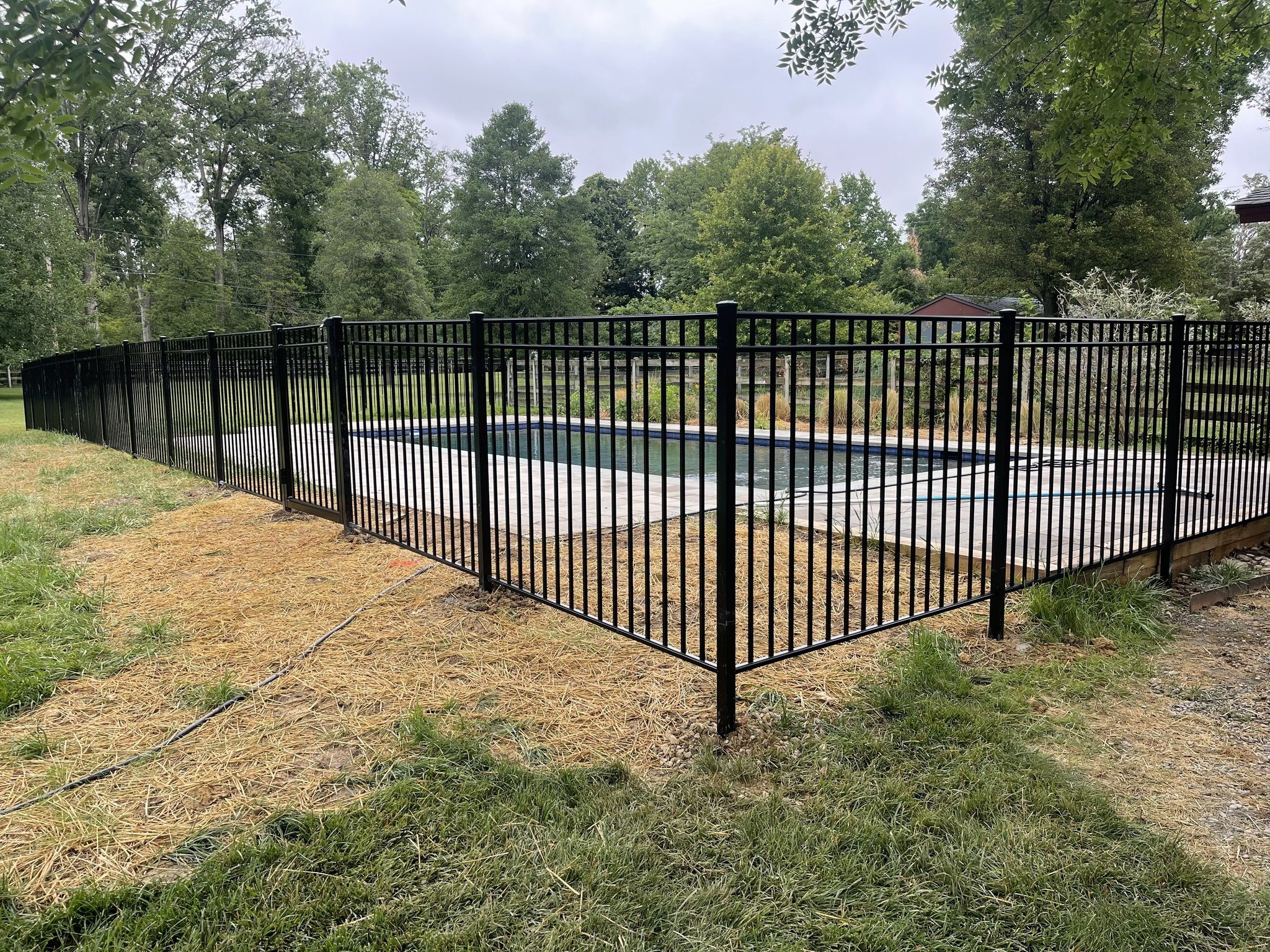
Understanding Local Zoning Laws for Residential Fencing Sep 08, 2025
Before you even break ground on your fencing project, it is crucial to be aware of the zoning laws in your area. Zoning laws are local government regulations that dictate how property can be used in certain areas. These rules can dictate everything from the height and style of your fence to where it can be placed on your property. Failing to adhere to these regulations can result in fines or even legal action, so being informed is essential.
The first step in your journey should be a visit to your local zoning office. Many local governments have websites where you can find regulations related to residential fencing. These resources often include zoning maps, which will show you how your property is classified. Whether your area is zoned for residential, commercial, or industrial use will affect what kinds of fences you are allowed to install.
It's important to note that zoning laws can vary significantly from one area to another, even within the same county. For example, suburban areas may have more lenient restrictions compared to urban centers that may have stricter guidelines to maintain a uniform aesthetic. Understanding these nuances will help you avoid any pitfalls in the planning process.
In addition to zoning laws, most local governments have specific building codes that govern the structural aspects of fences. These building codes ensure that any constructions, including fences, are safe and durable. For example, there might be regulations specific to the materials used, such as wood, metal, or vinyl. Consulting with a fencing professional can be beneficial, as they are likely familiar with these codes and can help ensure compliance.
Incorporating aesthetic considerations into your planning is also a wise move. Some neighborhoods have homeowners' associations (HOAs) that impose additional restrictions designed to uphold a certain community image. These policies may cover aspects like fence design, height, and color. It’s wise to review these guidelines early in your project to avoid costly mistakes.
Once you have a clear understanding of the applicable laws and regulations, you can confidently begin selecting your fence type. Common options include privacy fences, ornamental fences, and picket fences. Having a well-laid plan means that you can choose a fence that aligns beautifully with both your personal preferences and legal requirements.
When it comes time for installation, consider enlisting the services of a professional fencing company like Williams Fence Company. Professionals not only bring technical expertise and experience but also ensure that the installation process complies with all code requirements efficiently. This minimizes potential risks or costs associated with non-compliance.
In conclusion, understanding local zoning laws for residential fencing requires thorough research and consideration of multiple factors, from zoning laws to building codes and homeowners' association guidelines. Thoroughly equipping yourself with this knowledge ensures a smooth, trouble-free fencing installation that enhances the beauty and value of your property. At Williams Fence Company, we are dedicated to helping you navigate these complexities with ease for a successful, compliant project.